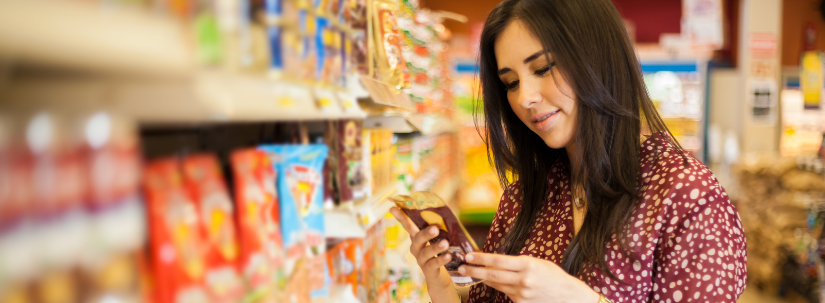Key findings from the research:
- 54% of those who react to products of animal origin have used vegan labelling to indicate whether a food is safe to eat at least sometimes when buying packaged food.
- 53% of those who buy for someone with a food hypersensitivity to products of animal origin have used vegan labelling in this way at least sometimes when buying packaged food.
- A quarter (25%) weren’t aware they should check for a Precautionary Allergen Label (PAL) on vegan food/drink to inform a decision on whether it’s safe to eat.
Emily Miles, CEO of the Food Standards Agency Said:
It’s concerning that so many people who are allergic to milk, eggs, fish, crustaceans or molluscs believe food labelled as ‘Vegan’ is safe for them to eat because they assume it doesn’t contain products of animal origin. Unfortunately, the reality of food production means there is still a risk of cross-contamination with animal-based allergens in vegan and plant-based products if produced in the same factory as animal-based products.
It is important to remember that Vegan labels are used to indicate a dietary choice, not an assurance for those managing food allergies. If you have allergies to milk, eggs, fish, molluscs, or crustaceans (such as crabs and lobsters), it’s crucial to always check for a Precautionary Allergen Label (PAL) on vegan products.
Allergy UK, the FSA, and other peer organisations are urging consumers not to rely solely on vegan labelling to manage food allergies to animal-based products. Simone Miles, CEO of Allergy UK, adds,
Until there is full disclosure of ingredients, it is imperative to raise awareness to ensure no one mistakenly relies on a vegan label for safe consumption.
Don’t take the risk – check every label.

 Helpline
Helpline